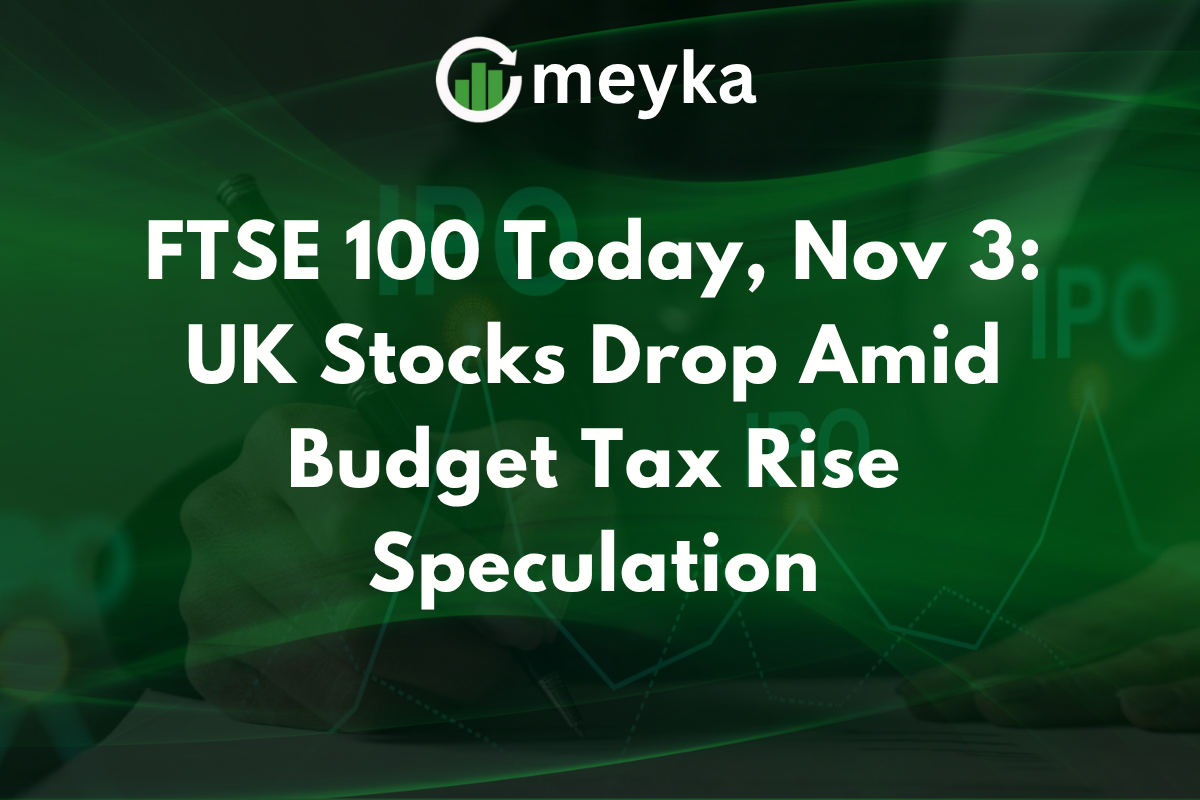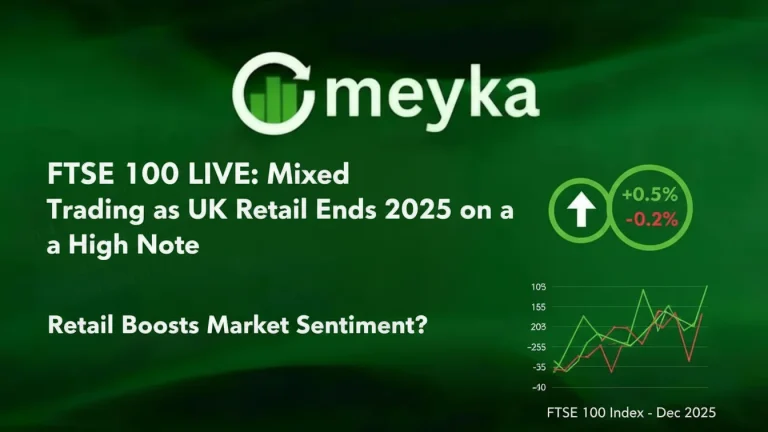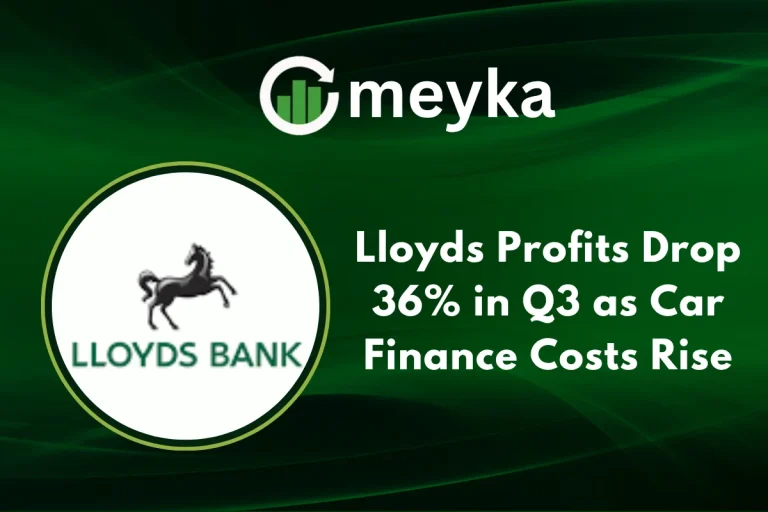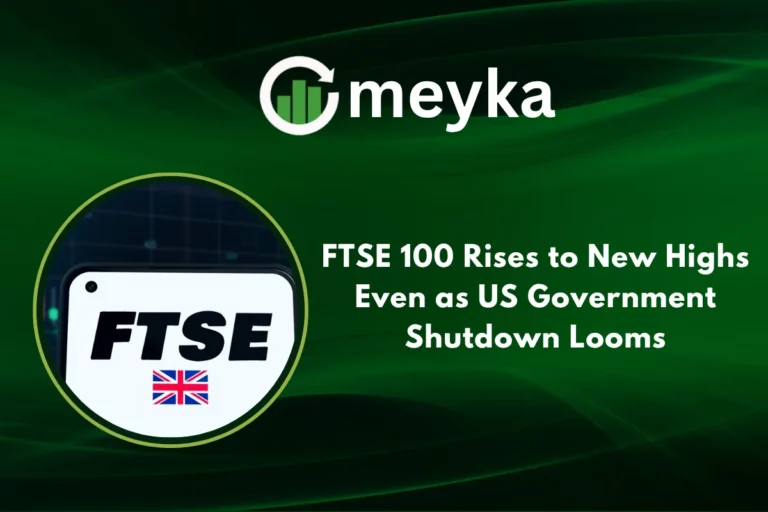FTSE 100 Today, Nov 3: UK Stocks Drop Amid Budget Tax Rise Speculation
The FTSE 100 slipped on Monday as investors digested growing signals that the November budget could contain fresh tax measures.
Continue Reading on Meyka
This article is available in full on our main platform. Get access to complete analysis, stock insights, and more.
Read Full Article →





